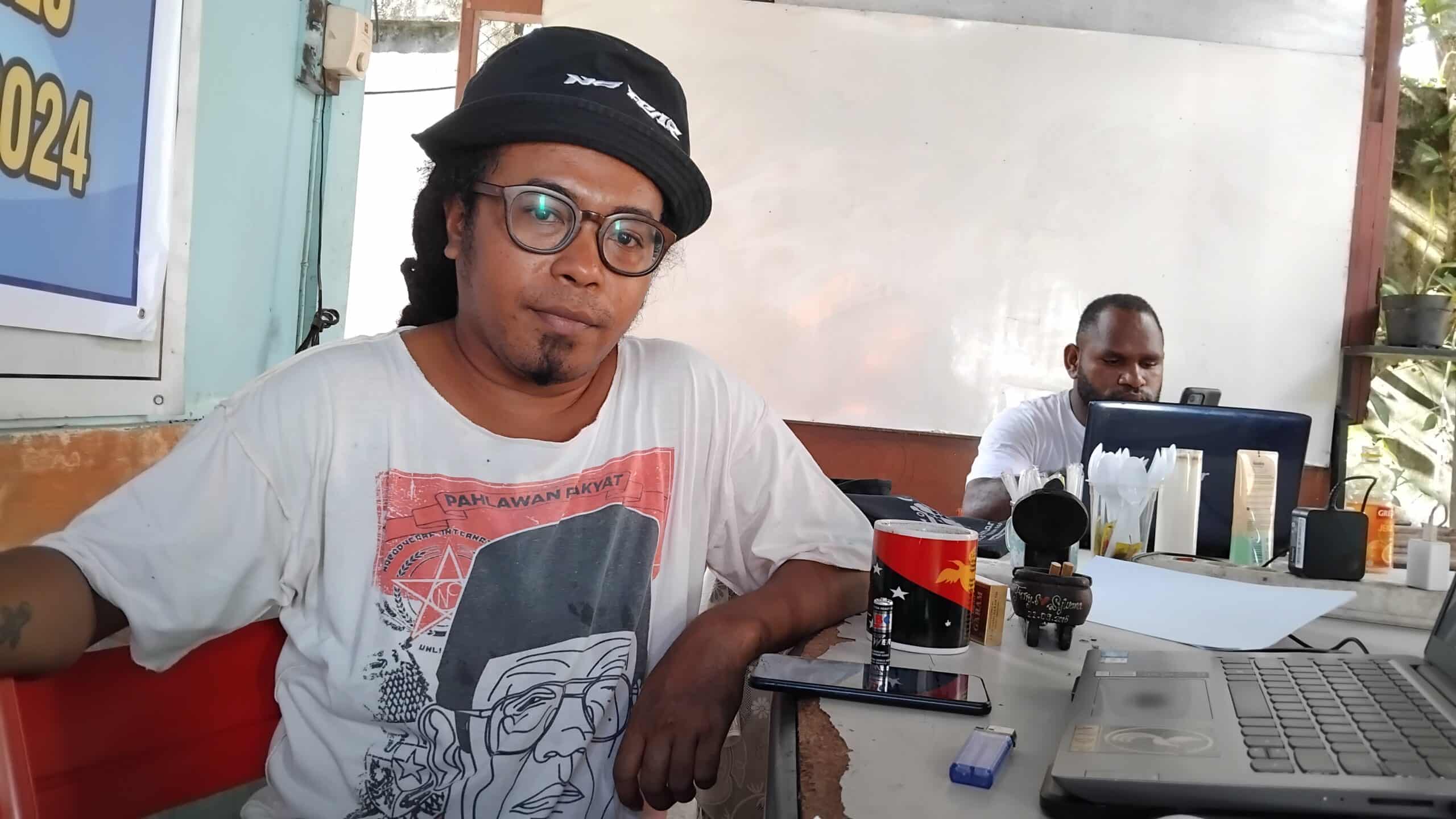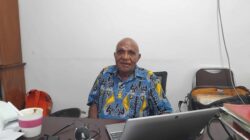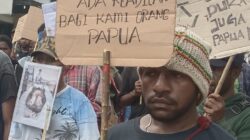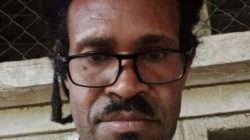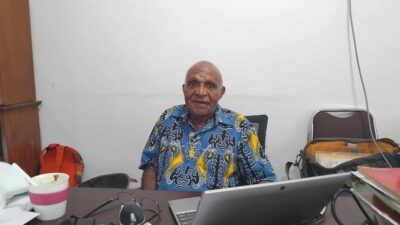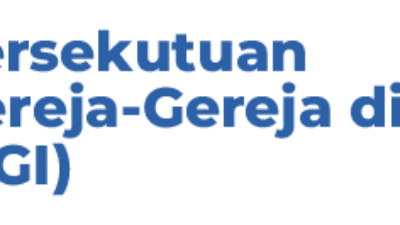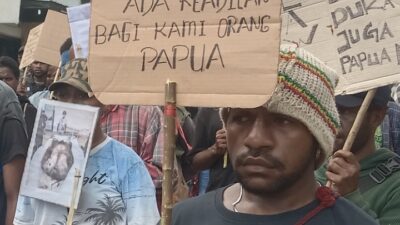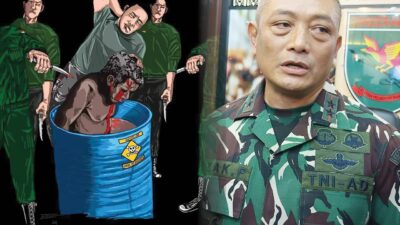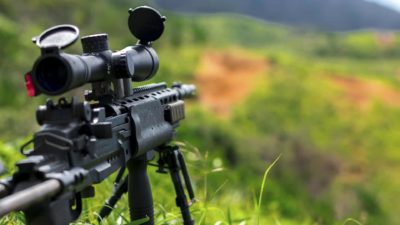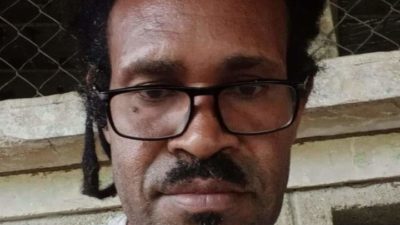Jayapura, Jubi – The Democracy Alliance for Papua (ALDP), conducting independent monitoring during the 2024 elections, concluded that the political understanding among election participants, electoral organizers, and the public was severely lacking during the implementation of the 2024 elections in the Papua and Mountainous Papua provinces.
“No wonder that honest, safe, and peaceful democracy did not materialize in the voting process, as there was a complete absence of election awareness campaigns directed at the public,” said Antoni Ibra, the Coordinator of the Independent Election Monitoring Team from ALDP, speaking to Jubi in Jayapura City, Papua, on Monday (11/3/2024).
Antoni Ibra explained that this conclusion was based on the monitoring results starting from February 11, covering the logistics distribution phase, voting process, vote tallying at polling stations (TPS), and district plenary sessions.
The lack of understanding could even be considered fatal. For instance, there were legislative candidates in Nduga Regency who did not know which political party they represented. This indicates a lack of political education for the candidates.
“These political parties also nominated legislative candidates without providing any political education, so today we see communities fighting just to support a particular candidate. The candidates might not care about community conflicts, all they care about is advancing to the Regional Representative Council (DPRD),” he said.
“One candidate for the DPRD in Nduga Regency admitted that her votes were taken away, and she did not know where they went. When asked which party she belonged to, she admitted she did not know, only knowing that she was a candidate,” Ibra recounted a conversation with one female candidate from Nduga.
A similar situation, though not identical, occurred with lower-level election organizers. For example, how to use the Recount Information System (Sirekap), continued Ibra.. In Jayawijaya Regency for one, there were still election workers (KPPS members) who could not fill out Sirekap.
“And they are not only in the Mountainous Papua. Even in Jayapura City, in the Wahno Sub-district [of Abepura District], KPPS members could not fill out Sirekap, so the community had to help them,” he said.
According to Ibra, these examples highlight the fact that election awareness campaigns to build public understanding, which should have been conducted one year before the elections, did not occur. He suggested that there should have been at least three rounds of campaigns involving the Regional Apparatus Coordination Agency (Kesbangpol), the General Election Commission (KPU), and the Election Supervisory Board (Bawaslu).
“The public also needs to have political understanding. To achieve a clean and democratic election process, awareness campaigns involving the public are crucial. It is no surprise that today there are many conflicts, battles, and fraud in the elections. This is all due to the lack of awareness campaigns,” he said.
All of these serve as important notes for election organizers to improve and intensify awareness campaigns and build political understanding among the public, Ibra concluded. The same applies to election participants because, according to Ibra, democratic elections can only be realized if the public has received adequate political education, enabling them to have the capacity and maturity to engage in politics. (*)


